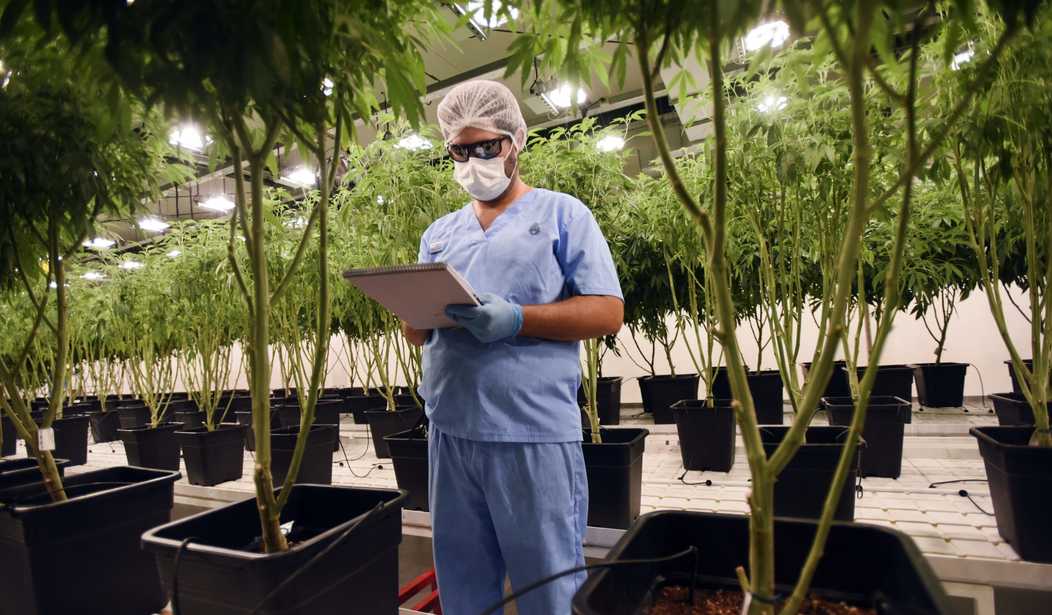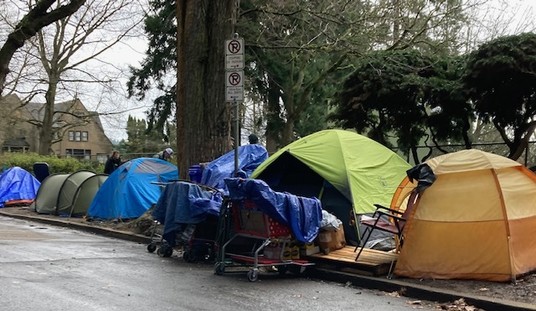A new annual report from the International Narcotics Control Board warned that recreational legalization of marijuana risks unintended consequences including “injuries in motor vehicle crashes, mental illnesses such as psychoses, impaired cognitive and educational performance, disrupted adolescent development and adverse effects on fetal development.”
The body that oversees United Nations drug conventions said it fears waning concern, due to increasing legalization, of cannabis’ “capacity to produce a state of dependence and constitute a public and social problem.”
“Poorly controlled programmes for the medicinal use of cannabinoids can potentially have adverse effects on public health,” the report adds. “They may increase non-medical cannabis use among adults and contribute to the legalization of non-medical cannabis use by weakening public perceptions of the risks of using cannabis and reducing public concern about legalizing non-medical (so-called ‘recreational’) cannabis use, which is contrary to the international drug control treaties.”
INCB President Viroj Sumyai said that there exists “a great deal of misunderstanding about the safety, regulation and distribution of cannabis, particularly where recreational use has been legalized or medical cannabis programs are expanding.”
Sumyai added that the report is well-timed considering legislative developments around the world that are opening up use of recreational and medicinal marijuana.
“There is limited knowledge of the way the international drug control system works,” he saidd. “It has been designed by states to safeguard public health by preventing drug abuse while ensuring access to important medicines.”
The report states that governments “allowing the medical use of cannabis must ensure that cannabis is prescribed by competent medical practitioners according to sound medical practice and based on sound scientific evidence.”
“In order to prevent abuse of and trafficking in cannabis, States parties must take measures to prevent the unauthorized cultivation of cannabis plants and must seize and destroy illicitly cultivated cannabis crops,” it adds. “All programmes for the medical use of cannabinoids must be developed and implemented under the full authority of the State concerned.”
The INCB frowns upon people personally growing marijuana for medical purposes: “In addition to the risks of diversion, allowing private individuals to cultivate cannabis for personal medical consumption may present additional health risks, in that the dosages and levels of THC consumed may be different from those medically prescribed.”
The board also says smoking pot “is not a medically acceptable way to obtain standardized doses of cannabinoids” and stresses that “while assessing the potential for a controlled substance to be used for medical purposes, states should make sure that the therapeutic advantages it provides cannot be afforded by some other non-controlled drug with no or few addiction-producing properties.”
Recreational legalization “represents not only a challenge to the universal implementation of the treaties and the signatories to the treaties, but also a significant challenge to health and wellbeing, particularly among young people,” Sumyai said.









Join the conversation as a VIP Member